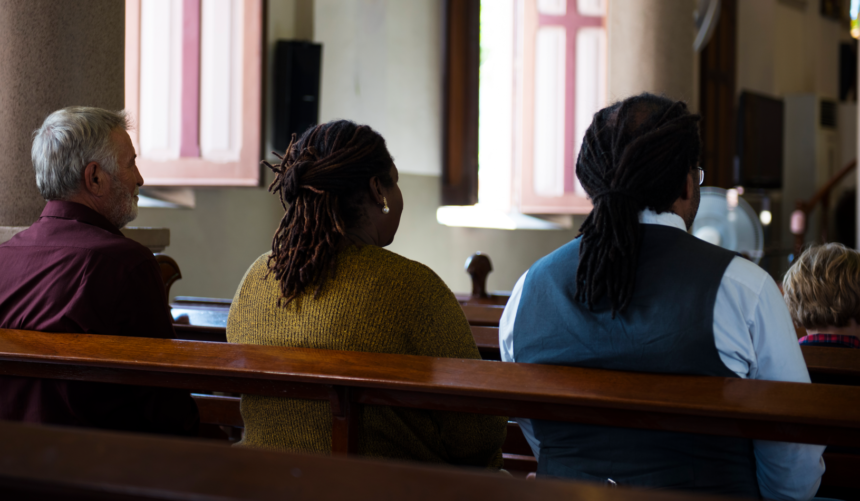Why, we might wonder, is there so much strife within the church today? How can this discord among Christian believers be addressed? We often long for the times of Christ, yearning to be like Mary, seated at His feet, absorbing His profound wisdom.
Interestingly, even during Christ’s time on earth, His closest disciples – the innermost circle of the early church – were not free from conflict. As stated in John 6:70, Jesus said, “Have I not chosen you, the Twelve? Yet one of you is a devil!” Clearly, Judas was not the only one wrestling with human flaws.
In Mark 9:33, 34, we read of an instance where Jesus asked his disciples about a dispute they had on their way. Their silence was telling – they had been arguing about who amongst them was the greatest. Luke 22:24-27 recounts a similar tale, where again, the disciples argue about who should be considered the greatest.
This begs the question: if trouble and strife could exist in the inner circle of disciples, taught and guided by Christ Himself, what does this mean for us, the modern-day church?
We might be tempted to imagine the apostolic church as idyllic, but even they had their share of discord. In 1 Corinthians 3:1-5, we learn of trouble within the churches that Paul established. Here, Paul reprimands the Corinthians, saying, “for you are still of the flesh. For while there is jealousy and strife among you, are you not of the flesh and behaving only in a human way?”
If we then leap ahead to the seven churches of Revelation 2 and 3, we find imperfections aplenty. Every church, save one, is flawed, with the last appearing most imperfect. This compelling narrative forces us to ask ourselves, “What is my individual standing before God?” Perhaps, in our introspection, we might find the source of the discord we currently witness in our churches.
So, what is the solution to this problem? First, we need to recognize that strife within the church isn’t a new phenomenon but has historical precedent. We aren’t facing a uniquely modern issue, but rather, an age-old challenge. This doesn’t minimize the issue, but it can give us perspective and understanding.
The second step involves individual introspection. As we saw in Revelation 3:14-22, self-examination is critical. Instead of pointing fingers or shifting blame, let’s take time to look inwardly, reflect on our actions, attitudes, and the state of our hearts.
Thirdly, we need to remember Christ’s teachings about service and humility. The heart of Christian discipleship lies in servanthood – the call to place others before ourselves. The disputes among the disciples about greatness were silenced by Christ’s call for service and humility. In the face of trouble, we must recall and embody these teachings.
To conclude, if we each tackle the discord in our hearts, the collective effect on our church communities will be significant. The strife we see today can be addressed if we, as Christians, take personal responsibility for our actions and attitudes, and commit to embodying the teachings of Christ in our daily lives.
Indeed, the journey is not easy, but remember that the peace promised in Philippians 4:7 is our reward. It’s a peace “that transcends all understanding,” one that can quiet the storm in our hearts and the chaos in our churches.
Are you ready to take the first step towards this peace? It starts with you, with me, with each of us acknowledging the problem, reflecting on our individual roles, and committing to being humble servants in Christ. The time to act is now! Let us each bring about the change we long to see in our churches.


Leave a Reply